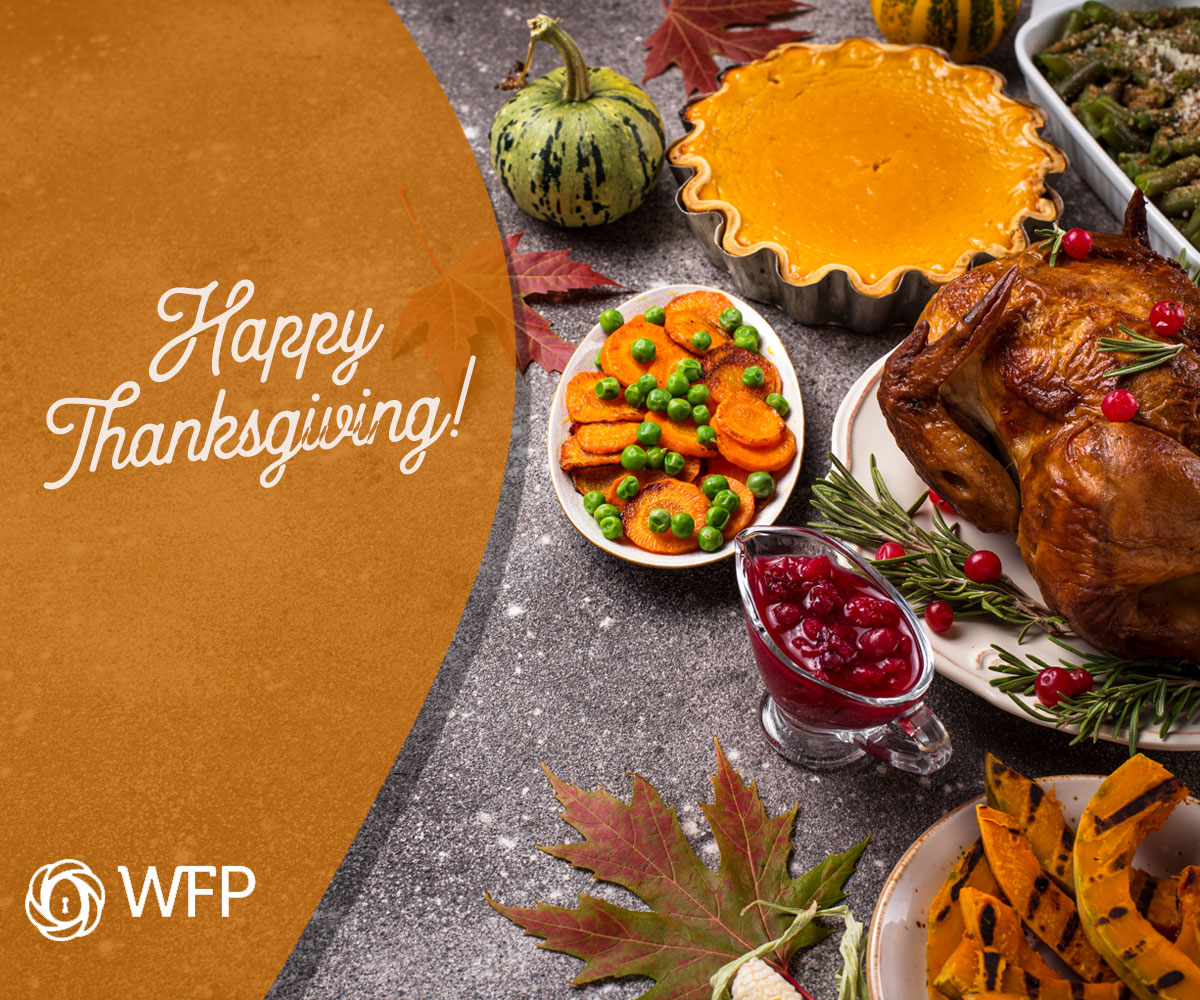 Well, we can tell you right now what we’re thankful for: being experts at drafting estate plans. Thanksgiving is around the corner, and, just from the name, we all know that this holiday is a season to be grateful for what you have. This year, Thanksgiving (AKA Turkey Day) falls on Thursday, November 24th.
Well, we can tell you right now what we’re thankful for: being experts at drafting estate plans. Thanksgiving is around the corner, and, just from the name, we all know that this holiday is a season to be grateful for what you have. This year, Thanksgiving (AKA Turkey Day) falls on Thursday, November 24th.
This annual national holiday celebrates the “harvest” and blessings of the past year. Most Americans consider their holiday to be based on a harvest feast in 1621 that was shared between the Wampanoag Native Americans and the English colonists (Pilgrims). Thanksgiving also takes place in Canada, Saint Lucia, Liberia, and Grenada, and there are similar festivals in Japan and Germany, too.
If you think of your assets as a Thanksgiving dinner, what’s the “turkey”? Chances are, your home is your “main course,” as, if you own your home, it is probably the most expensive, largest asset you have. In this article, we’ll talk about different ways you can protect your abode through estate planning.
Home Protection Strategies
You’ll want to contact an estate planning attorney to discuss these home protection strategies. Deciding what you want to do with your home is a financial, emotional, and logistical decision that you’ll want to talk to your family about before going ahead.
Some of the main options for home transfer include:
- Co-Ownership
- A Will
- Revocable Trust
- Qualified Personal Residence Trust
- Through A Sale
Below, we’ll go through each tool individually.
Co-Ownership
This is a pretty simple method. A lot of people put their kids as co-owners on their house deed. If the deed lists another person as a joint tenant, that joint tenant can become a co-owner when the deed is changed. When the original owner dies, the child can automatically take ownership of the house. Note: you’ll have to think about taxation when considering this approach.
A Will
Of course, you can always use a will to pass your home to someone. The owner can put the home as an asset in the will, though you will still have to pass through probate. Probate can be time-consuming and expensive, and there are privacy concerns, as wills are, generally, public documents.
Revocable Trust
This legal structure allows the trustee or grantor to retain control over the assets during their lifetime. They can specify when and how their assets are passed to beneficiaries. The house can be placed into this trust, and, upon death of the creator, the assets will be quickly, private distributed with no need to go through probate. The homeowner will have control or use of their home throughout their lifetime, and efficient distribution will occur upon their death.
Qualified Personal Residence Trust
A QPRT, as it’s known, is a way to move a primary/vacation residence out of your estate using a reduced gift tax cost. The home is transferred to the trust right away, though the owner retains the right to live there during the QPRT term. They are still, during this term, responsible for all aspects of ownership. The QPRT will have an end date, upon which the home will transfer to a beneficiary.
Note: a transfer on death deed is permitted in some states, but Florida does not permit this. In Florida, there has been no adoption of the Uniform Real Property Transfer on Death Act.
Through A Sale
Of course, you can always sell the home to transfer it. If you don’t think your kids will want your home, consider selling it and, later in life, renting a place to live. Maintenance, lifestyle, and health are all factors in whether this will work for you, and you’ll also want to consider the tax impacts of your decision.
Your home is likely your largest, most expensive asset, and you will want to make sure that you distribute or dispose of it in the way that works for you. If need be, contact an estate planning attorney to talk about transferring your home, and have a safe, happy Thanksgiving!